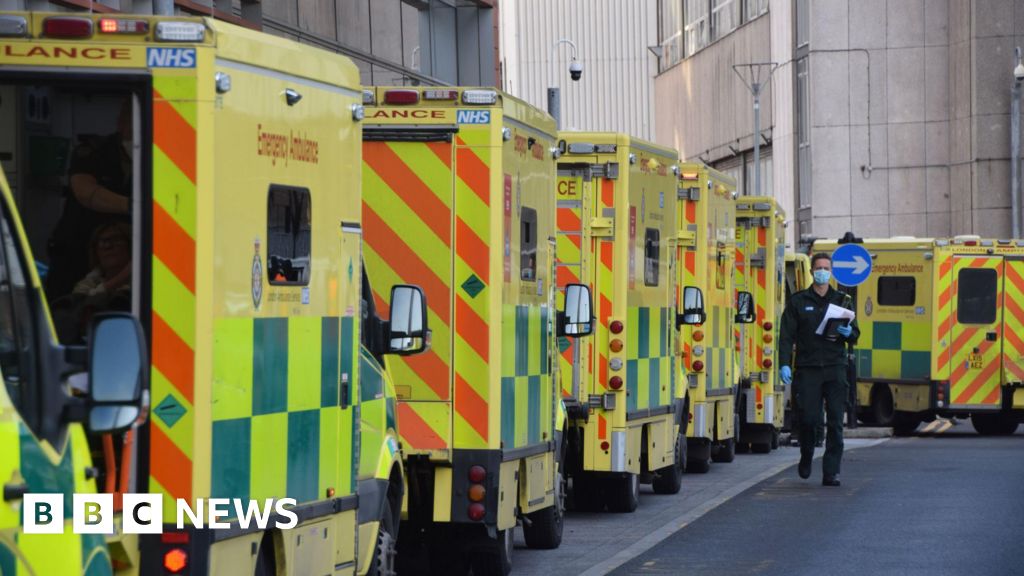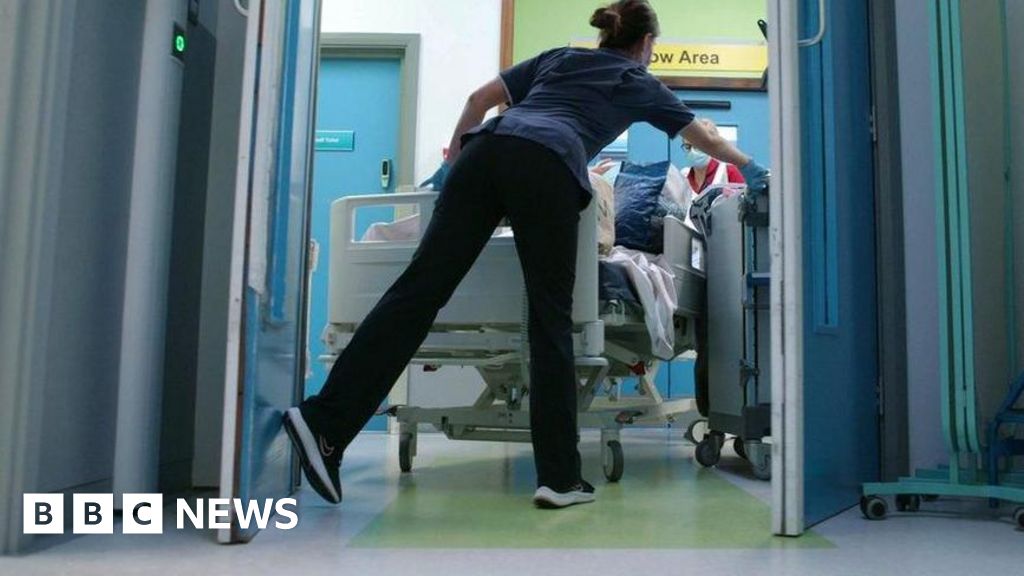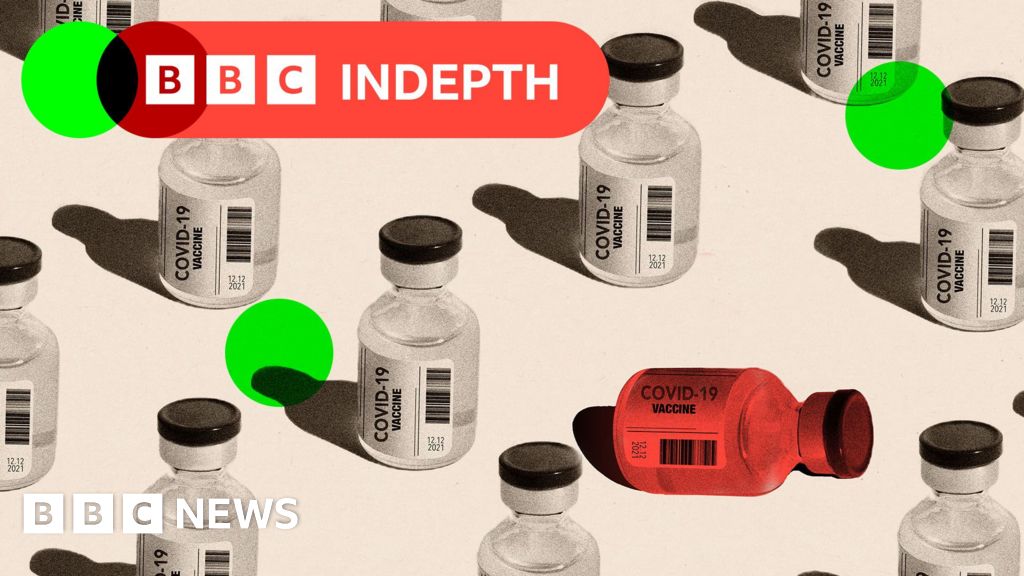ARTICLE AD BOX
 Image source, Getty Images
Image source, Getty Images
By James Melley and Judith Burns
BBC News
A 15-year-old child was prescribed dangerous levels of hormones by an unregulated online clinic without speaking to a doctor, a court ruling has revealed.
Now 16, the teenager, known as J, was born female but identifies as a boy and has an autism diagnosis.
J got a prescription for testosterone and puberty blockers from Singapore-registered GenderGP in late 2022.
He had previously been unable to get the treatment through the NHS.
Judge Sir Andrew McFarlane said: "There must be very significant concern about the prospect of a young person such as J accessing cross-hormone treatment from any off-shore, online, unregulated private clinic."
The judgement highlights the lack of NHS gender services for children and young people in England and Wales, after the closure of the Tavistock Gender Identity and Development Service (Gids) in April.
Gids, rated as "inadequate" by inspectors in 2021, was the only specialist gender clinic for children and young people in the two countries.
The judgement says that, as a result: "There is no relevant NHS service available for J."
The case illustrates how vulnerable children questioning their gender face huge waiting lists and sometimes resort to ordering medicines from overseas without adequate oversight from medical professionals.
J's father applied to the High Court last year to stop him continuing to get access to puberty blockers and cross-sex hormones, arguing his son was too young to consent.
The judgement was largely finalised before last month's publication of the Cass report, which made numerous recommendations about the treatment of young people who identify as trans.
The review, published by paediatrician Dr Hilary Cass, says children have been let down by a lack of research and "remarkably weak" evidence on medical interventions in gender care.
It argues that the "toxicity" of the debate on gender means professionals are "afraid" to discuss their views openly.
'No medical examination'
The High Court judgement says J was diagnosed with autism and anorexia in 2020, and was sectioned under the Mental Health Act for treatment in 2021 after incidents of self-harm.
J first made contact with GenderGP in October 2022, with the support of his mother.
Two months later, after a fee was paid and a questionnaire completed, a prescription was issued for testosterone and puberty blockers, drugs sometimes used by people born female who identify as male to affirm their preferred gender.
The judgement says "no medical examination, blood testing or other clinical evaluation was undertaken. J has not had any direct communication with a doctor at any stage during the referral to GenderGP".
The only communication J had with a representative of GenderGP was with a Manchester-based counsellor, who is not registered with the Health and Care Professions Council regulator.
GenderGP did not participate in the court hearing.
Although the prescription was from a private doctor, J was given injections of testosterone by his local NHS GP every six weeks between January and August 2023.
'Dangerously high'
An expert witness in the case, Australia-based consultant paediatric endocrinologist Dr Jacqueline Hewitt, was critical of the lack of physical and psychological checks carried out by GenderGP on J.
Dr Hewitt also raised concerns about the size of the doses of testosterone given to J, describing the level of the hormone in his blood during his treatment as "dangerously high".
She added: "In Australia, the treatment provided by GenderGP would be unlawful."
In his judgement, Sir Andrew did not make a ruling about whether J was competent to consent to taking the drugs because the teenager is not on the medication at the moment.
J is not currently being treated by GenderGP, but is waiting to be seen at a new private London-based clinic.

 8 months ago
78
8 months ago
78








 English (US) ·
English (US) ·